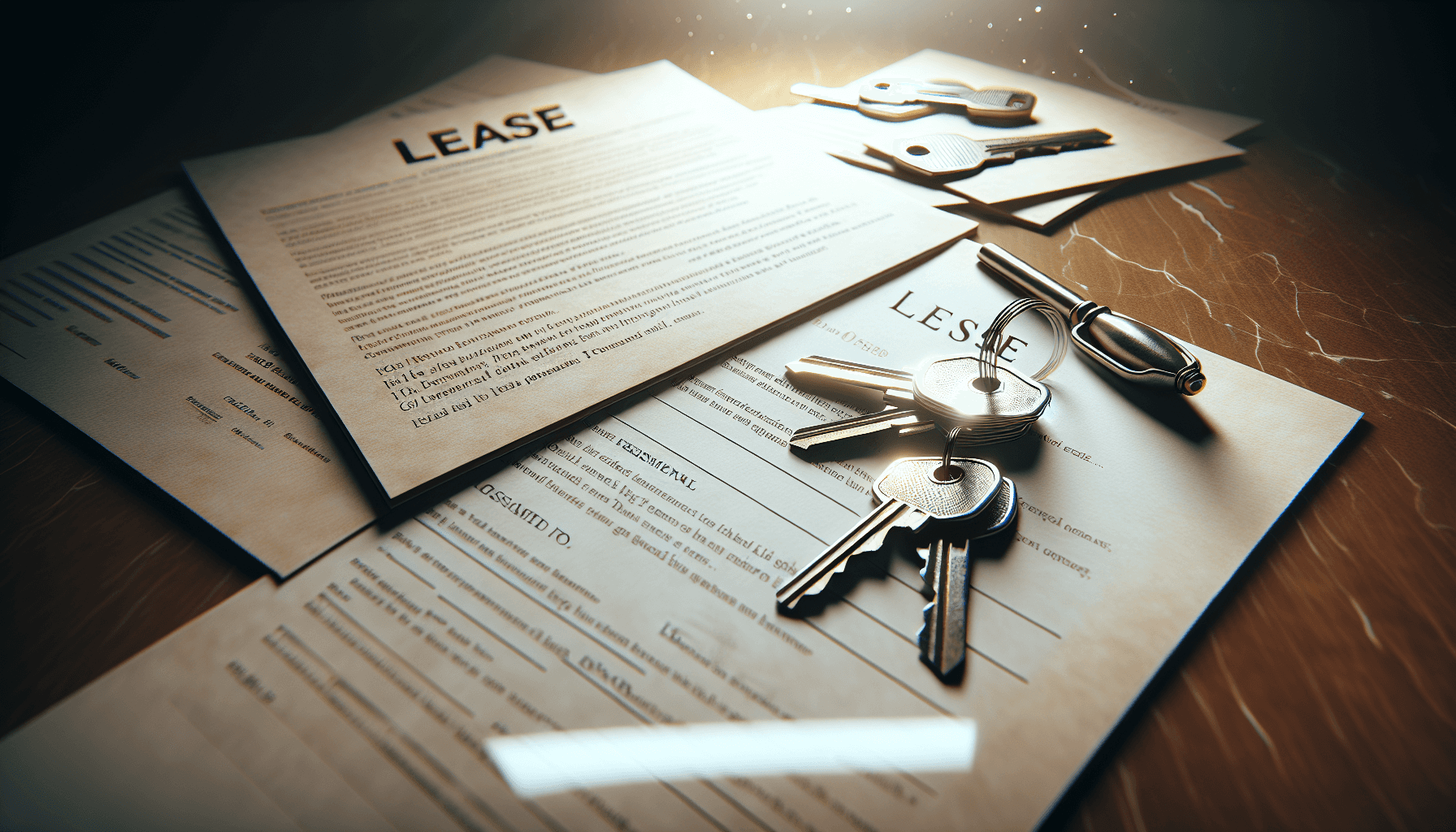What is a lease agreement in real estate and how does it work?
I've seen many people get confused about lease agreements, but they're actually pretty straightforward once you break them down. Let me walk you through everything you need to know about leases in real estate - from the basics to the nitty-gritty details that could save you headaches down the road.
Lease: A lease is a legally binding agreement between a property owner (lessor) and a tenant (lessee) that grants the right to use and occupy a property for a specific period in exchange for rent payments. The agreement outlines important terms including the rental amount, duration of occupancy, payment schedule, and any restrictions on property use.
Essential Components of a Lease Agreement
The backbone of any lease agreement lies in its core components. First up is the duration of tenancy - you'll typically see fixed-term leases running for 12 months, though some go longer or shorter. Month-to-month agreements offer more flexibility, while periodic leases renew automatically after each term.
Money matters take center stage in lease agreements. You'll need to know your monthly rent amount upfront, plus any security deposits required. Don't forget about those late fees - they can sneak up on you if you're not careful!
Rights and responsibilities form another crucial piece of the puzzle. Who handles property maintenance? Are utilities included? Can your landlord pop in whenever they want? (Spoiler alert: they can't!)
Types of Lease Agreements
Residential leases cover your typical living spaces - houses, apartments, and condos. Each has its own quirks and considerations. For example, condo leases might include special rules about common areas or homeowner association regulations.
Commercial leases are a different animal altogether. Whether you're looking at retail spaces, office buildings, or industrial properties, these agreements tend to be more complex and often require professional review.
Legal Considerations and Protections
State and local laws shape every lease agreement. Fair Housing regulations protect against discrimination, while specific tenant rights and landlord obligations vary by location. I always tell people to brush up on their local rental laws - knowledge is power!
Common Lease Terms and Clauses
Let's talk about what you'll actually find in a lease. Pet policies (yes, even for your goldfish), subletting rules (in case you need to move before your lease ends), and modification permissions (want to paint that wall? Better check first!).
Maintenance responsibilities often cause confusion - who fixes what? Your lease should spell this out clearly. And don't skip over those termination conditions - you'll want to know exactly how and when you can end your lease.
The Leasing Process
Finding a place is just the start. You'll go through application and screening processes, possibly negotiate terms, sign documentation, and complete move-in procedures. Each step matters, so take your time and ask questions if something's unclear.
Common Misconceptions About Leases
Let me clear up some myths. Verbal agreements? They exist but aren't worth the paper they're not written on. Many people think they can break a lease whenever they want - not true! And that security deposit isn't a last month's rent payment, despite what some might think.
Tips for Success
Read everything before signing - seriously, everything. Know your rights as a tenant or landlord. Keep copies of all documentation, and maintain clear communication channels with all parties involved.
When Things Go Wrong
Sometimes issues arise - lease violations, disputes over deposits, maintenance problems. Know your options for resolution, including legal remedies if necessary. The eviction process follows strict legal guidelines, so make sure you understand your position.
Technology and Modern Leasing
Digital signatures make paperwork easier these days. Online payment systems streamline the rent collection process. Property management software helps track maintenance requests and communications. Virtual tours save everyone time during the property search.
Taking Action
Whether you're a property owner or potential tenant, professional guidance makes a difference in the leasing process. Bellhaven Real Estate offers expert lease consultation and comprehensive property management services. Our team can help you navigate lease agreements with confidence and ensure your interests are protected throughout the entire process.

